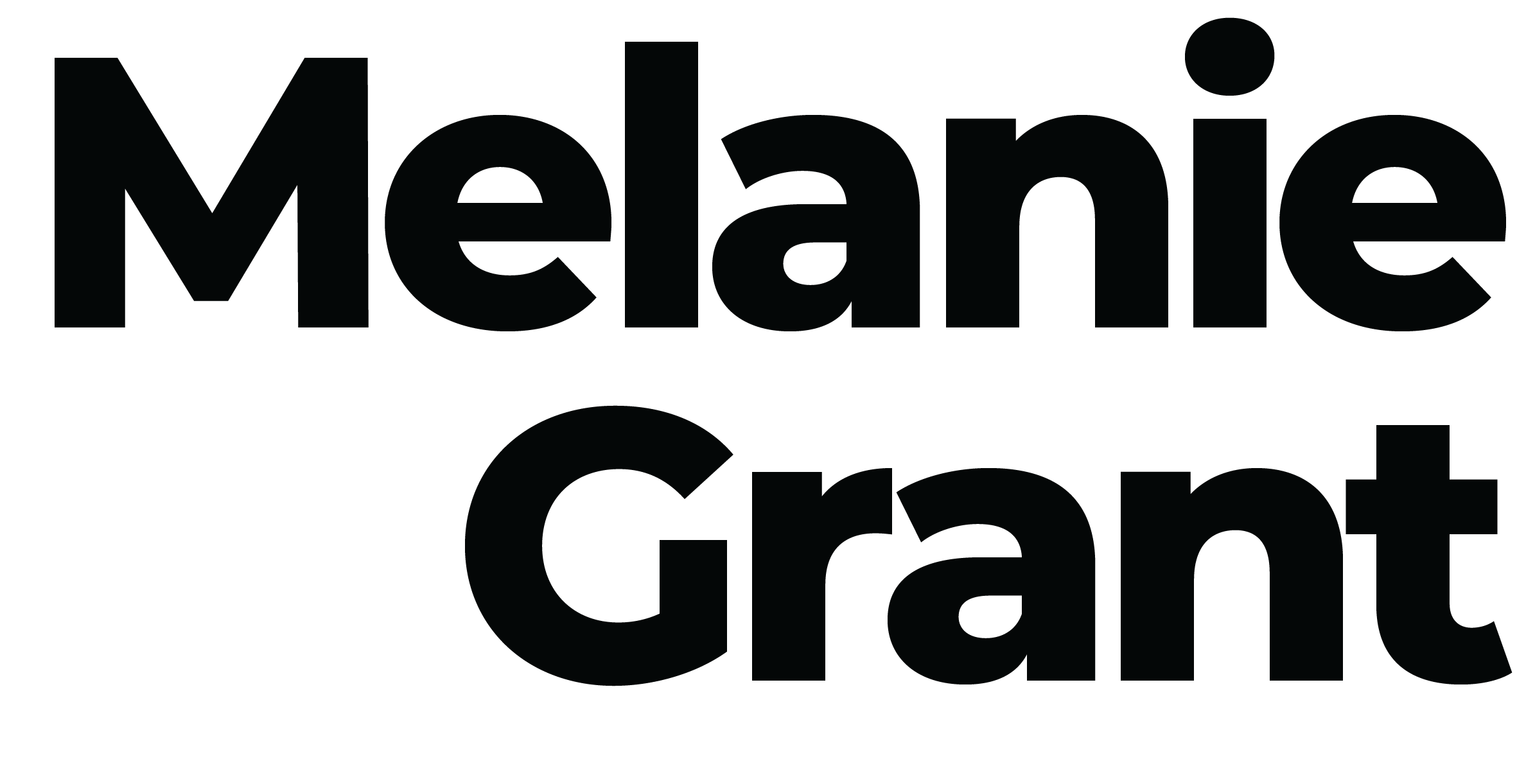Retinol, retinoids and retinal are all derivatives of Vitamin A at different stages within their molecular structure. It can be hard to make sense of
Each variant is eventually converted to retinoic acid, the final product that has powerful skin-changing capabilities. The beauty of Vitamin A is that it encourages rapid skin cell turnover, which ultimately addresses a multitude of skin concerns. Retinol is effective for large pores, fine lines, wrinkles, acne, pigmentation, skin laxity and dull or uneven skin tone.
Retinol is perhaps the most well-known Vitamin A derivative and common in over the counter products. It is ideal for common concerns like fine lines, pigmentation, large pores and textural irregularities.
Retinoids are a more powerful derivative of Vitamin A than retinol. Retinols are eventually converted to retinoids by the skin, the final stage in the conversion prior to retinoic acid. Retinoids are available in prescription form only and are best suited to severe skin concerns such as cystic acne.
Retinal is a variant of retinoids and is the most intense and potent version of Vitamin A.
Knowing both when and how to use retinol properly is the key to its success. It’s best to introduce retinol slowly into your skincare regime to avoid any irritation.Generally, the side effects of retinol are limited to a little dryness and redness – though I definitely recommend easing your skin into it, slowly but surely. Start by including a retinol serum two to three times per week and eventually work your way up to nightly use. Incorporate a retinol serum after your evening cleanse prior to applying your eye care and night cream every other night, eventually working up to nightly use. As with the introduction of any new skincare product it usually takes three or so months to see results.
As with the introduction of any new skincare product it usually takes three or so months to see results. Consistency is key.
Retinol can be used by anyone, aside from those with hypersensitive or compromised skin. That said, Retinol-based products have come leaps and bounds and there are now many lower dose, time release formulas that are far better tolerated and more gentle on the skin. These products are a good option for even the most sensitive skin types amongst us. The benefits of retinol on your body are equal to the benefits of retinol on your face. I recommend employing a retinol moisturiser to target any unwanted hyperpigmentation on your body – or targeting chest and back acne.
Always remember:
- Retinol is not suitable during pregnancy or nursing.
- Vitamin C and retinol are not a good mix as they function optimally in completely different pH environments. I always recommend an antioxidant serum (such as Vitamin C) in the morning and a corrective serum (like retinol) in the evening.
- Always avoid retinol for several days following treatments skin resurfacing treatments such as Microdermabrasion and chemical peels. Your therapist will further advise before or following your treatment.
- Lastly, always ensure you apply a broad spectrum, high protection factor sunscreen daily – whether you are using retinol or not
